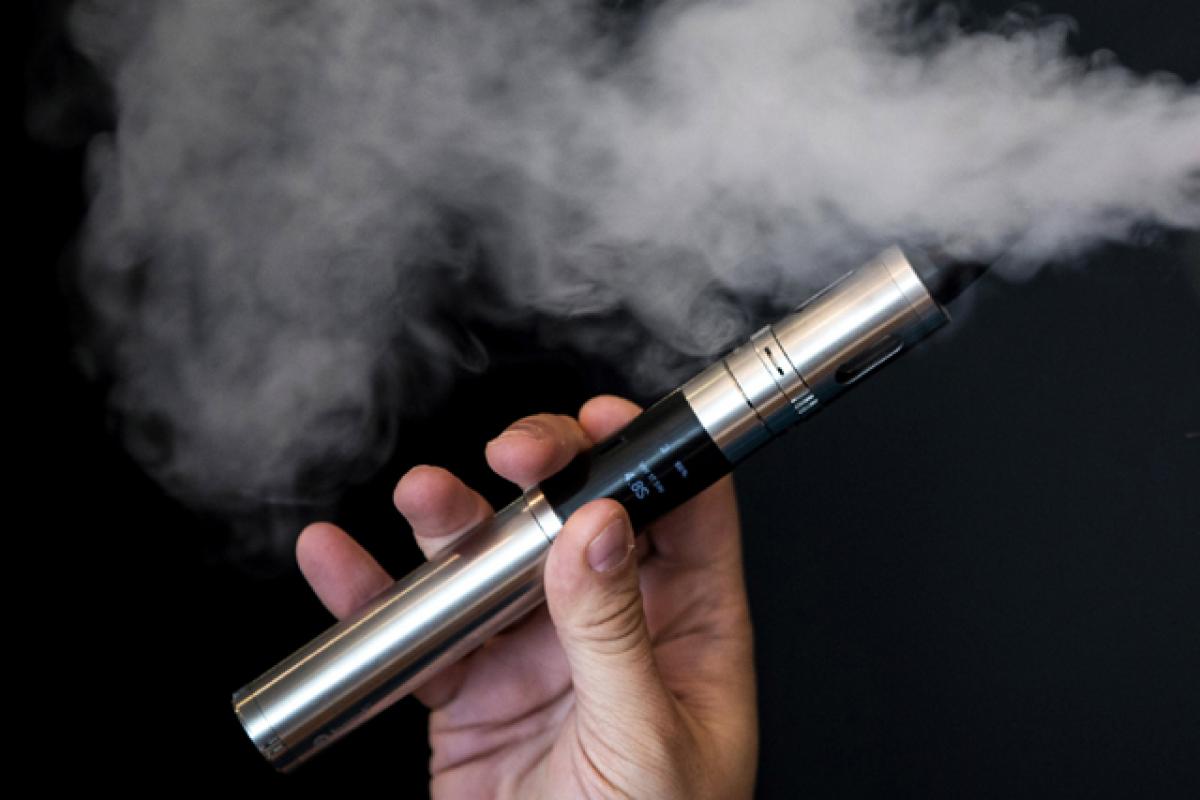Live
- PhonePe becomes top-rated app on Apple app store in India
- 100-year-old school declared Waqf property, claims K’taka BJP
- Ukraine Launches US-Made ATACMS Missiles into Russia for the First Time
- 45 people sentenced to 50 months to 10 years in jail over 'conspiracy to subvert state power' in Hong Kong
- Indonesia to study Brazil's free meal program for schoolchildren
- Christian bodies express discontent on Madras HC observation over governing Church properties
- Rajasthan govt announces Rs 51 lakh to deceased family of murdered beautician
- Train service resumes in Japan's Hokkaido after derailment accident
- Bengal: AQI levels rise in Kolkata & Howrah
- Women's Asian Champions Trophy: Defending champs India defeat Japan 2-0 to set up final against China





.jpg)




